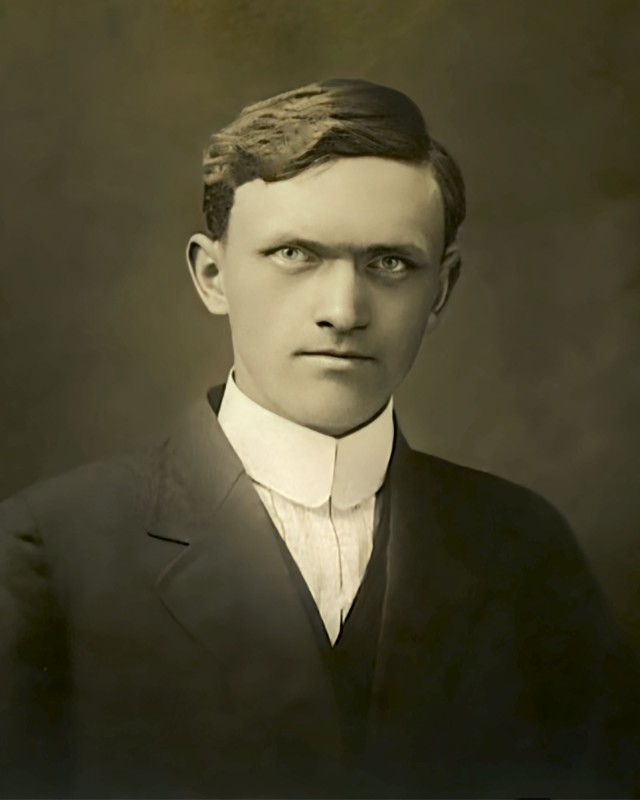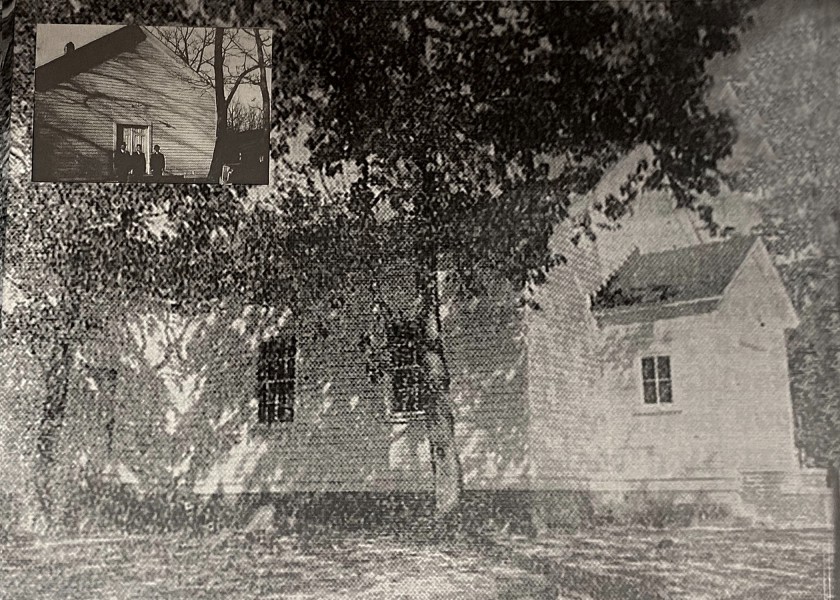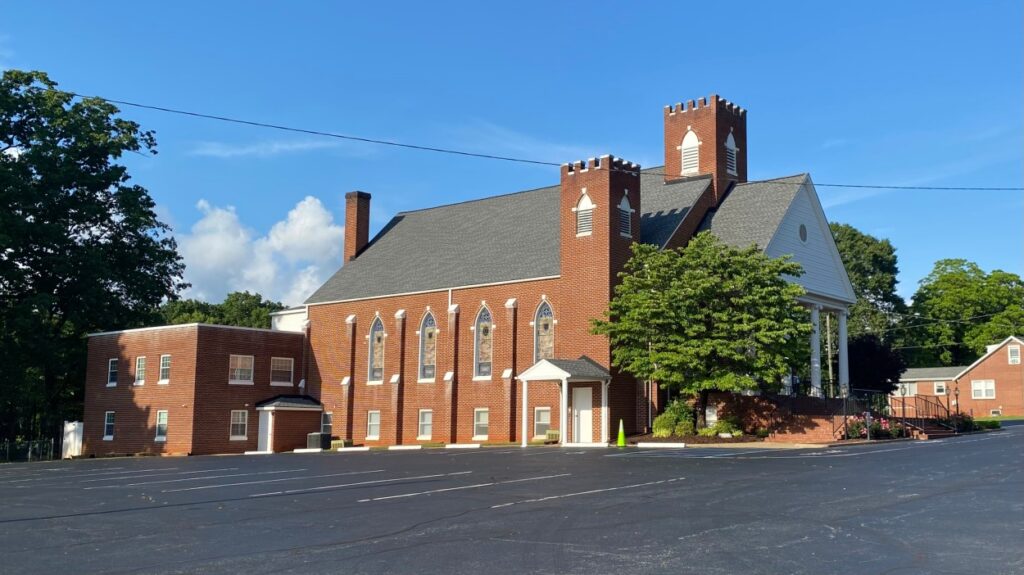
**This research was first published in the January 1, 2025 edition of the Chatham Star-Tribune newspaper as part of Kyle Griffith’s weekly segment entitled “Heritage Highlights.”
Rev. W. T. Stowe (1895-1974)
Rev. William Thomas Stowe was born in 1895 and raised in the community of Dry Fork, Virginia. His local roots ran deep–back to an ancestor John Pigg who established a mill on Pudding Creek before the Revolution. As part of the New Deal in 1940 (Works Progress Administration), Rev. Stowe was chosen for an interview by a man named John W. Garrett. The interviewer began, “William’s father, Homer Stowe, was a farmer, and at odd times he worked some in the timber business. Raising tobacco was the major part of the family’s income. There were ten children in the home, five boys and five girls. The home was a three room log cabin, yet, the family was comfortably provided for. The school was a distance of four miles away, and because of the distance, the children often had to remain at home during the cold winter months.”
“My, how we hated to miss school.” Rev. Stowe remarked. “We kids didn’t mind the snow and cold, but when mother said it’s too cold for you children to walk to school we had to stay home. We didn’t have buses to ride. We had to walk.” William was able to attend school until he could begin helping his father with farm work. While he wished he could have continued his education, he had to quit school at age sixteen. “He felt that he wanted to preach the gospel,” Garrett wrote. “William began to conduct prayer meetings in the country homes. And his work was appreciated, even though he was just a lad.” Around 1912, a brush arbor was erected by William and his brother Oscar R. Stowe on the Johnson Road near their house in Dry Fork. Meetings were arranged and services were given by Rev. George W. Gray of Danville.
William began courting Miss Bertha M. Wallace. He was eighteen and Bertha was just sixteen. “We were just two children too young to be married, but we didn’t realize it then. That’s been twenty-seven years ago, and we have always got along well together. We have nine children…I’ve been granddaddy several years, and still a young man of forty-five…We want to give all the children a high school education. I know what it means to have to leave school before graduation. Though I know I have been fortunate in making a very good livin.’”
Out of the group formed at the brush arbor, the Dry Fork Pentecostal Holiness Church was constructed and ready for use by 1918. It was a small frame building, but over time the congregation grew and the current large brick building known as Emmanuel Pentecostal Holiness Church was constructed in 1951.
Dry Fork Pentecostal Holiness Church, first building, early 20th century
Emmanuel Pentecostal Holiness Church in Dry Fork, 2023
“Bertha and me, soon after our marriage, bought a farm in Buckingham County, a part of which belonged to my parents. It had a three room house on it, but we wanted a better home…I was in the saw mill business, and preaching too, and farming all at the same time.” After having several more children, he built another story onto the house and made it nine rooms.
“We didn’t have any church building near where we lived so we decided to build a church. I had the saw mill and could cut and furnish the lumber so we went to work and the people of the community come together and helped us…I was its pastor for years until my health began to fail. I was doing too much work.”
“Well as the years have passed and gone, I have been improving my farm, and getting the latest equipment to work with. Last year I bought a tractor. With it I plow, cut wheat with the reaper, pull my mowing machine, do most anything on the farm. I paid fifty dollars a month until I got it paid fer, and when I am not busy on the farm, I run my saw mill, and I am busy all the time. A few years ago, me and the Pentecostal people had a kind of falling out, so I turned my church over to the ‘church of God’ and since then I am [lined] up with them. I am now pastor of the church here. We hold a camp meeting here every summer.”
Read William’s original interview here:




Julia Gatewood